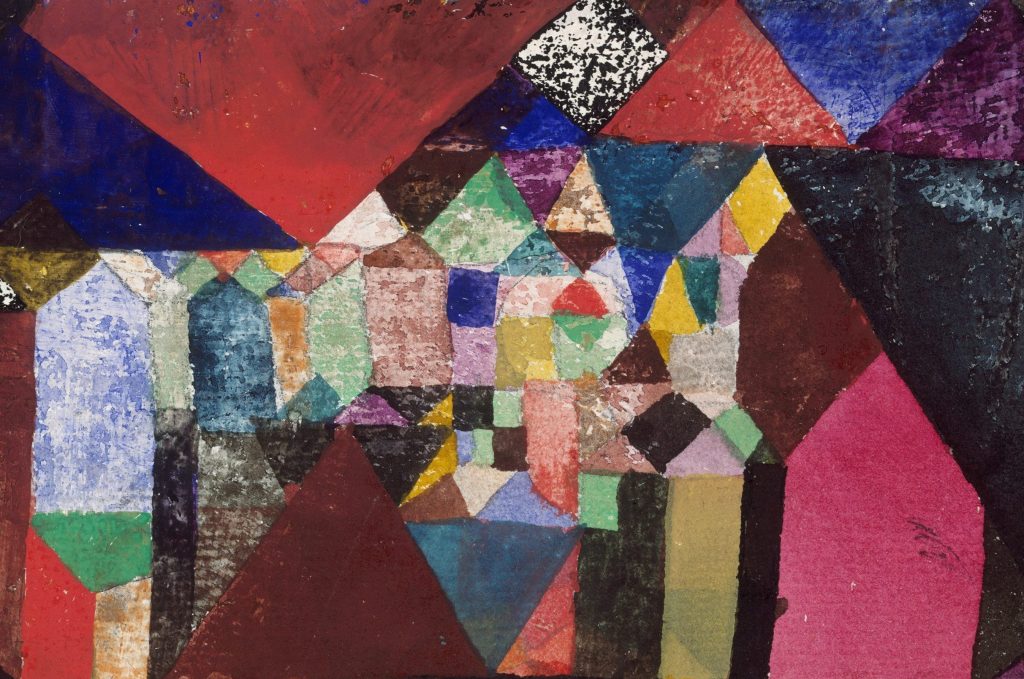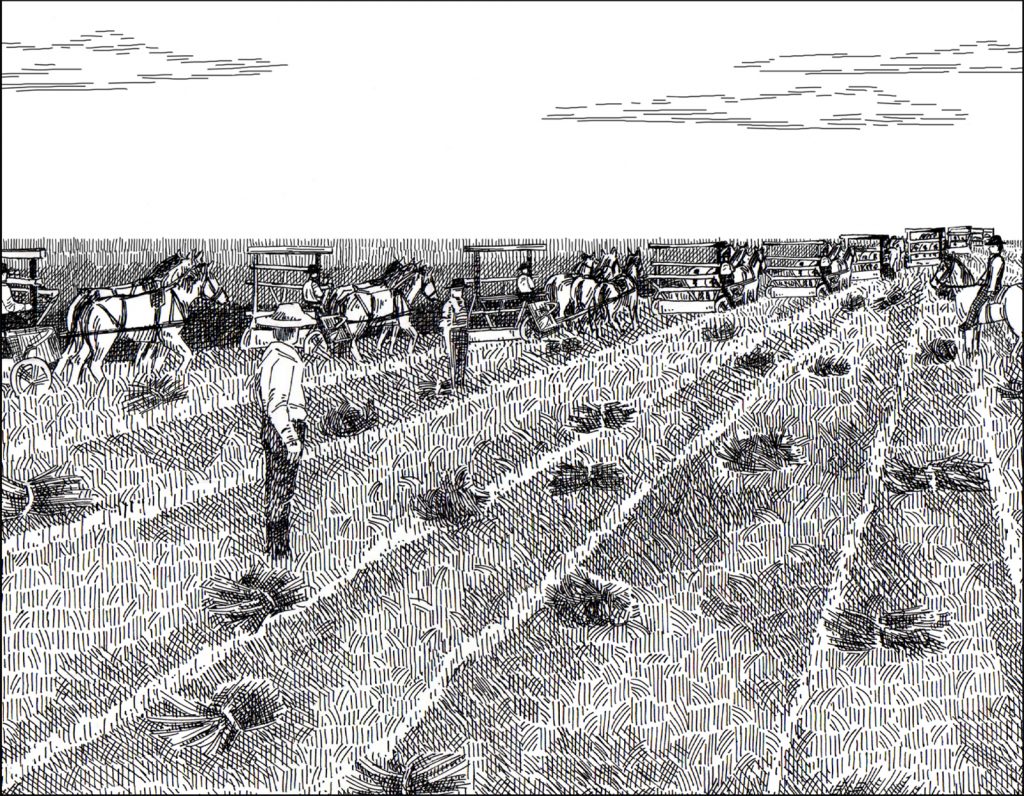Fiction by Lydia Conklin excerpted from our Summer 2017 issue.
Frankie hasn’t talked to her best friend Kit since Kit’s mom killed herself earlier this week. She vows she’ll call today from work. She has to. She’s already waited three days—way too long.
She unlocks Videos and Beyond at ten. She flips on the lights, parts the shades, and heaps Friday night’s returns on the counter. A few transparent boxes slip off the lacquered surface and thump on the carpet. She builds them into a stable pile, calming herself with the soft click of plastic. Then she boots up the monitor and cashes in.
The counter is crowded with posters creased with lines where the color’s been folded out. There are bad checks, suspended membership cards, invoices voided with ballpoint swipes. Frankie clears a patch for herself, then chooses a movie for the in-store set.
On Tuesday, during the slow afternoon shift, around the time Kit’s mom died, Frankie played Deliverance. There was a feeling about the morning that made her feed the tape to the VCR, like part of her sensed what was happening with Kit a mile away. A child came in during the backwoods anal rape. He stood under the monitor that showed the square of sun-bleached deep American jungle and said, “I want a hug, too, Mommy.” Since then Frankie’s stuck to cartoons.
She slips in Bambi. The movie opens with an owl flying through the night woods. Shapes that could be trees or upright carcasses shift in two planes across the screen, as though the forest itself is parting. Doesn’t someone die in Bambi? She remembers hunters, an oily fire. Either the mother dies or the father, or both. She hits eject.
Kit’s mother only died on Tuesday, but Frankie already knows the story. Some sophomore knows Kit’s cousin. Frankie should’ve heard the news from Kit directly. She should’ve been the leak at school.
Frankie can’t stop imagining Kit’s reaction: her eyebrows drifting apart in sorrow. Frankie’s tough, hard-bitten friend with her short black curls and perpetual orange vest, hearing the news and changing, suddenly, in unknowable ways. Changing in ways that will push them apart. Thinking this way is selfish, but she does.
This is the story: Kit was home after school, making her favorite sandwich of kale and peanut butter. The phone rang and she didn’t answer. They’re almost in the new millennium, but Kit’s family still has an answering machine that looks like a shoebox with vents. The machine lives on the counter where Kit shook sesame seeds between slices of bread.
Kit’s mother’s voice came through the machine. She was supposed to be at McLean, where she worked as a medical technician. But Kit heard birds and the shake of leaves on the line. Her mother’s voice was cold and immediate. “Eddie,” she said. “Listen.”
To continue reading “Mrs. Sadness,” purchase MQR 56:3 for $7, or consider a one-year subscription for $25.
Image: Klee, Paul. “Municipal Jewel.” 1917. Watercolor, gouache, and graphite on gesso on paper mounted on cardboard. The Metropolitan Museum of Art, New York.




